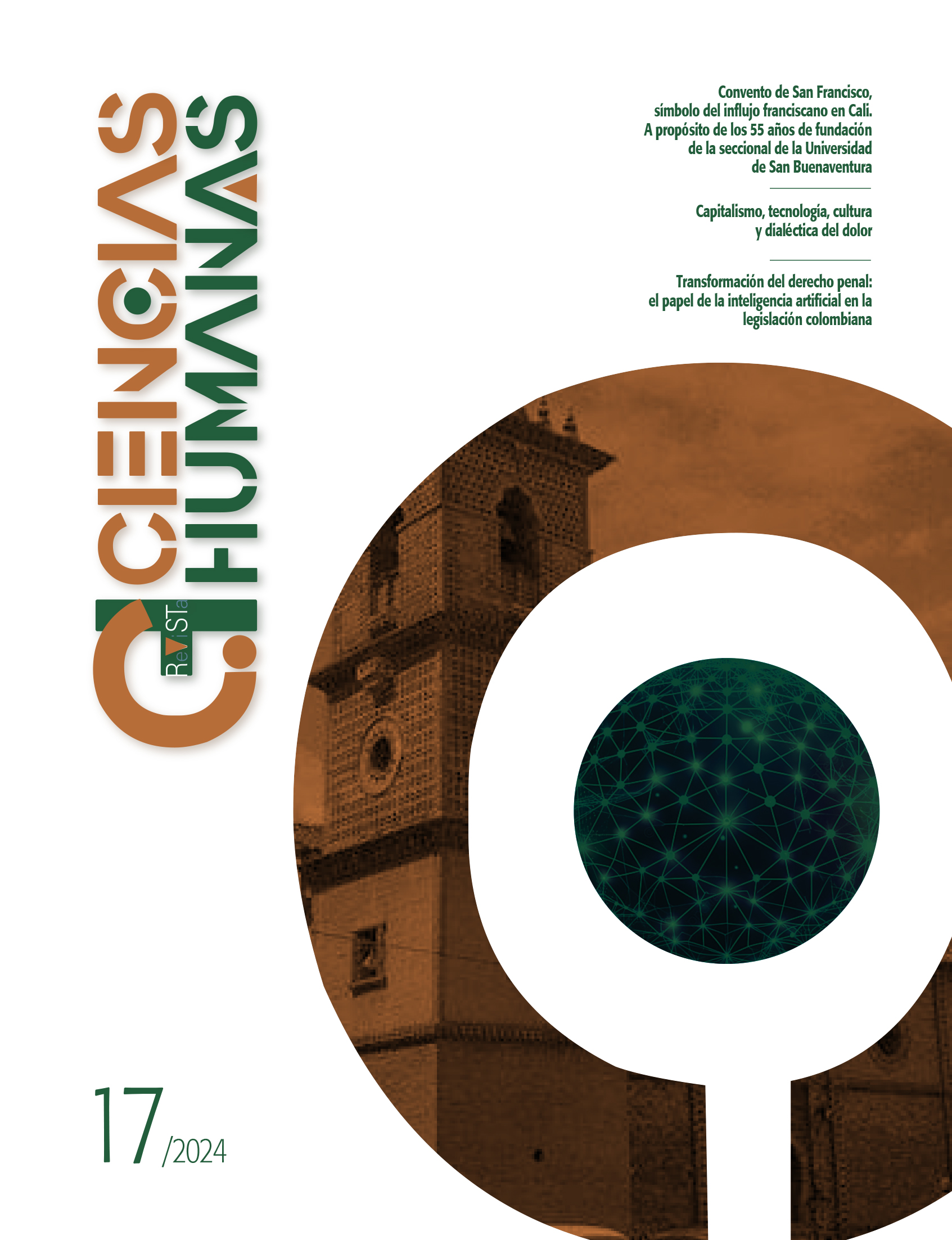The Revista Ciencias Humanas provides open and immediate access to its content, based on the principle of offering the public free access to research to aid in the greater global exchange of knowledge.
Except as otherwise stated, the content of this journal is licensed under a Creative Commons Attribution-NonCommercial-NoDerivatives 4.0 International (CC BY-NC-ND 4.0) license available at http://creativecommons.org/licenses/by-nc-nd/4.0/.
- Attribution. You must give appropriate credit, provide a link to the license, and indicate if changes have been made. You may do so in any reasonable manner, but not in a way that suggests that the licensor endorses you or your use.
- NonCommercial. You may not use the material for commercial purposes.
- NoDerivatives. If you remix, transform, or build upon the material, you may not distribute the modified material.
- No Additional Restrictions. You may not apply legal terms or technological measures that legally restrict others from doing anything the license permits.
Abstract
Marcuse's idea that within liberal society the totalitarian conception and, consequently, the totalitarian state is slowly and gradually being prepared serves as a pretext for some reflections on the responsibility of that society for the complexity of war. Indeed, if Marcuse was sure of anything, it was that the fascist state was a fascist society (cf. 1967, 7), and this order of things had been gestated in the very heart of liberal society. Going a little further, I argue that totalitarianism is the superior phase of the liberal state as an extreme resource for the defense of property and the intensive exploitation of resources wherever they are, whether in the proximity of the living space (lebensraum) or beyond. Hence, the liberal state is war, even if it exports the idea of defending society itself from it, but to which it necessarily, secretly, inexorably resorts.
Initially, I will make an excursion through what Marcuse exposes in a text of certain consideration, entitled The Struggle against Liberalism in the Totalitarian Conception of the State; I will then expose some combined reflections, the fruit of this reading of Marcuse and my ideas exposed in the doctoral thesis, regarding war and the state and the development of war rationality in modernity.
References
Foucault, M. (2006). Vigilar y castigar. FCE.
Fukuyama, F. (1992). El fin de la historia y el último hombre. Planeta.
Hobbes, T. (1989). Leviatán. Alianza.
Hobsbawm, E. (1998). La era del imperio (1875-1914). Crítica.
Marcuse, H. (1967). Cultura y Sociedad. Editorial Sur.
Marcuse, H. (1993). El hombre unidimensional. Planeta; De Agostini.
Muriel, A. (2024). La guerra y el poder: hacia una crítica de la razón bélica [Tesis doctoral, Universidad Pontificia Bolivariana]. Universidad Pontificia Bolivariana.
Popper, K. (1971). The open society and its enemies. Princeton University Press.
Rousseau, J. J. (1923). Discours sur l’origine et les fondements de l’inégalité parmi les hommes (Á. Pumarega, Trad.). Calpe.
Von Clausewitz, C. (2005). De la guerra (C. Fortea, Trad.). La Esfera de los Libros.









